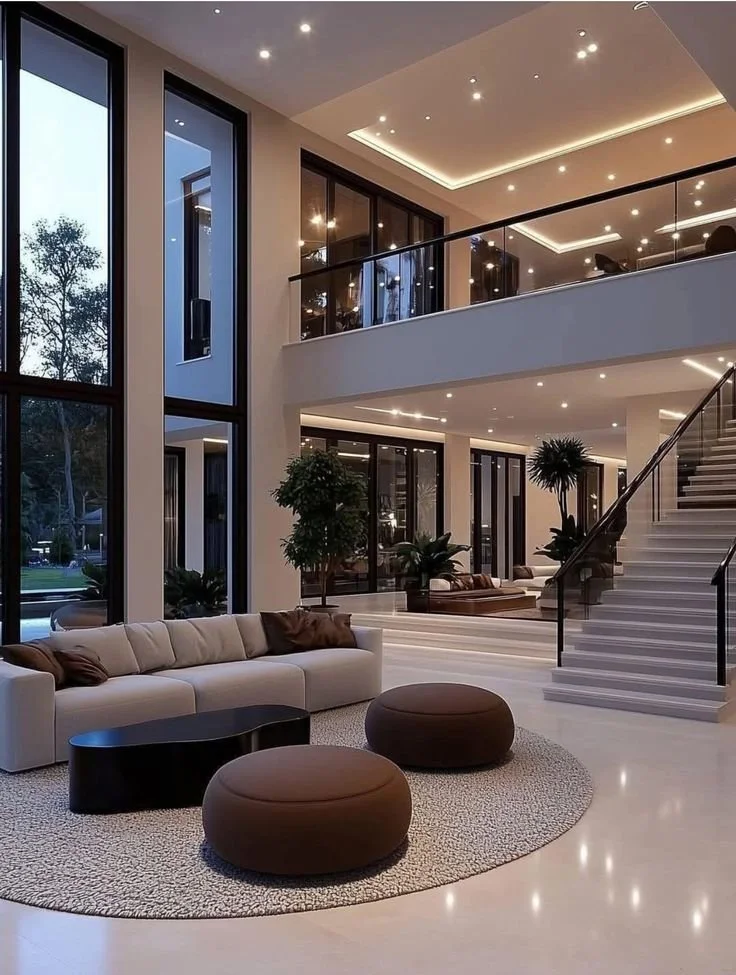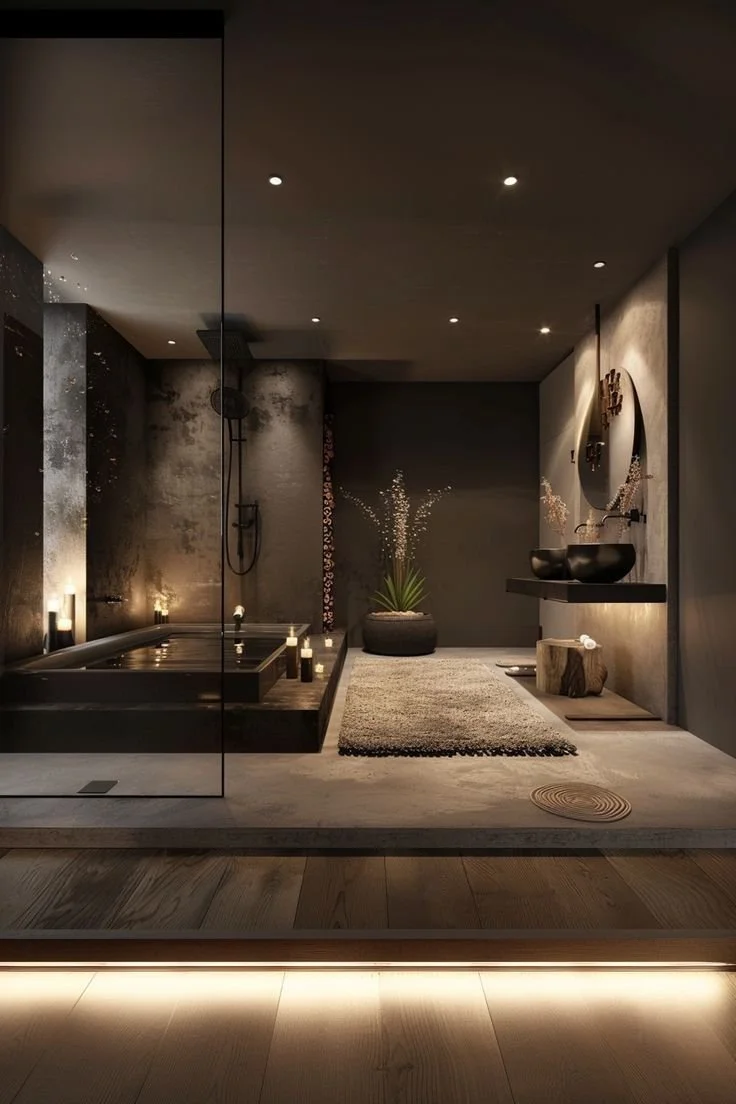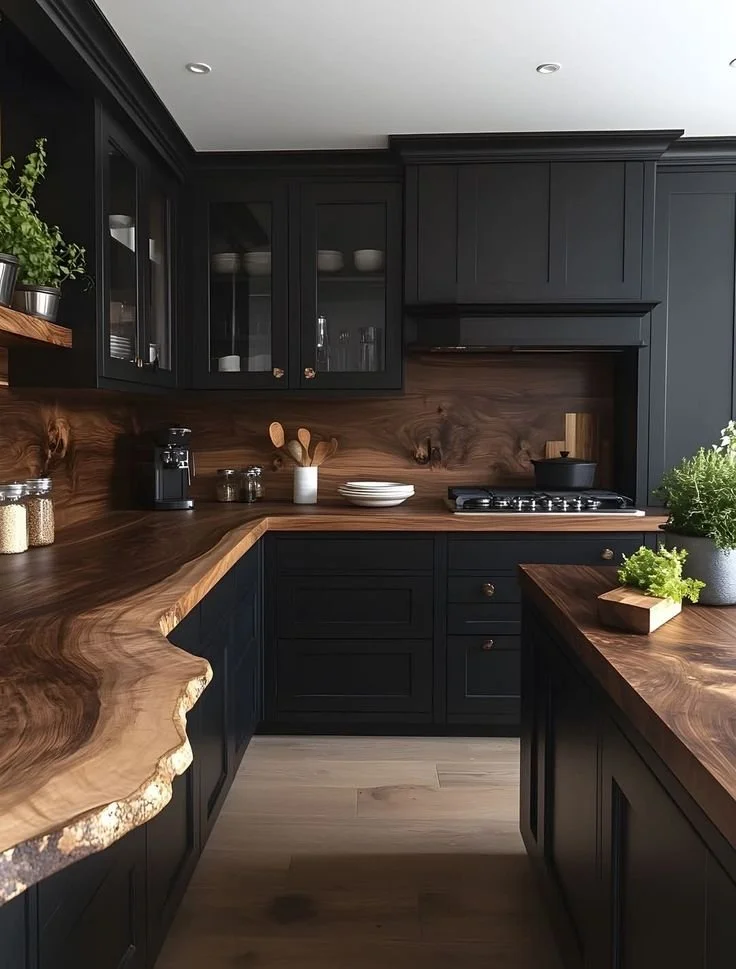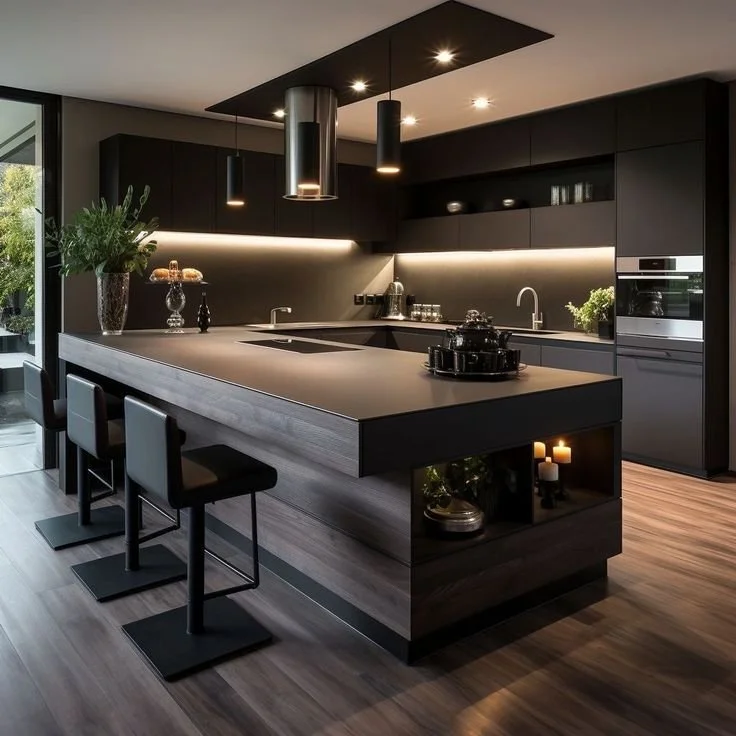The Future of Interior Design: Expert Predictions From Visionary Designers
In the fast-paced world of interior design, keeping up with change isn’t enough—you have to stay ahead. According to leading design experts from Algedra, the future is already unfolding in our homes. Their recent reflections highlight a transformation driven by sustainability, innovation, and personalization. Let’s explore what lies ahead in the world of interiors.
Sustainability Takes Center Stage
First and foremost, sustainability is more than just a buzzword—it’s a design philosophy. Increasingly, designers are selecting eco-conscious materials like reclaimed wood, organic fabrics, and recycled metals. These choices not only minimize environmental impact but also add a rustic or earthy charm to any space.
Moreover, sustainable design goes hand in hand with energy efficiency. LED lighting, low-energy appliances, and automated systems that control heating or cooling are gaining popularity. These tech-driven solutions reduce waste while enhancing comfort.
Nature Meets Design: The Rise of Biophilia
Next, biophilic design is creating waves across the design community. Inspired by nature, this approach encourages bringing the outside in. Algedra designers emphasize the use of houseplants, indoor water features, and organic textures to evoke a natural ambiance.
In addition, large windows and glass partitions help integrate outdoor views with interior spaces. Not only does this boost natural light, but it also creates a peaceful, grounded atmosphere that nurtures mental well-being.
Customization Becomes the New Standard
Personalization is no longer optional—it’s expected. Today’s homeowners want interiors that reflect their values, personality, and routines. As a result, designers are crafting highly customized spaces.
From made-to-order furniture to tailored lighting schemes, each detail is unique to the client. Advanced software now enables clients to visualize their interiors before any construction begins. Tools like augmented reality and virtual walkthroughs empower them to make precise, confident decisions.
Small Spaces, Big Purpose
Meanwhile, urban living often comes with space limitations. This is where multifunctional design shines. Algedra's team supports the growing trend of dual-purpose spaces—rooms that serve more than one function.
For example, a living room might also serve as a home office or guest bedroom. Modular sofas, fold-out desks, and expandable tables allow for seamless transitions throughout the day. This approach not only saves space but adds immense practicality.
Tech-Integrated Homes
As technology becomes more ingrained in our lives, interiors are evolving to accommodate it. Smart homes are no longer futuristic—they’re the new norm. According to Algedra’s experts, the future will feature homes that respond to voice commands, adjust lighting based on mood, and monitor energy usage automatically.
In addition, digital artwork is on the rise. Homeowners can now rotate art displays with a remote or app, giving their space a fresh look at any time. This modern blend of design and innovation allows greater flexibility and self-expression.
Sustainable Luxury Is In Demand
Interestingly, luxury and sustainability are no longer opposing concepts. Today’s design-savvy clients want opulence without compromising on eco-consciousness. Designers are responding with luxurious materials like bamboo, cork, and responsibly sourced woods.
Also, handcrafted décor and high-quality finishes ensure durability. These elements combine to create interiors that feel exclusive, yet leave a lighter footprint on the environment.
Minimalism Reimagined
Minimalism is evolving, but it’s not going away. Simplicity, clean lines, and functional aesthetics remain staples. Neutral palettes, sleek furnishings, and streamlined layouts bring calm and order into our daily environments.
Furthermore, smart storage solutions are becoming more discreet. Hidden compartments, built-in wardrobes, and under-furniture storage help maintain an uncluttered look. The result? Spaces that are open, breathable, and relaxing.
Cultural Fusion: A Global Influence
In today’s global world, interior design has become a melting pot of styles. Designers are creatively blending elements from different cultures to form cohesive, eclectic spaces. You might find a Moroccan tile backsplash alongside Japanese-inspired furniture or a Scandinavian lighting setup paired with Middle Eastern textiles.
This fusion reflects the diverse lifestyles and worldviews of modern homeowners. It adds personality and richness, ensuring no two homes feel the same.
Wellness-Driven Design
Wellness is moving from gyms and spas into everyday living spaces. Now, homeowners want interiors that support mental and physical well-being. Algedra’s team has noticed increased demand for home gyms, meditation nooks, and spa-style bathrooms.
In addition, ergonomic chairs, air-purifying plants, and calming color schemes are becoming mainstream. These choices reduce stress and create a tranquil, rejuvenating atmosphere in the home.
Planning for the Future
Lastly, future-proofing interiors is key. With technology evolving quickly and lifestyles changing just as fast, adaptability is essential. Designers now favor flexible layouts, modular furniture, and smart infrastructure that can evolve over time.
For instance, a room designed as a playroom today may need to transform into a teen’s study space or a home office down the line. Smart layouts and durable materials help homeowners prepare for such transitions without starting from scratch.
A Vision That Combines Beauty, Function, and Purpose
The future of interior design is about more than aesthetics. It’s about crafting meaningful, functional, and sustainable spaces. Algedra’s designers emphasize a balance between innovation and comfort. Whether it's a smart system that adjusts lighting automatically or a room that changes its function based on the time of day, design must meet both emotional and practical needs.
Their holistic approach ensures every space tells a story—one that evolves with its inhabitants.
Final Thoughts
To sum up, the future of interior design is dynamic, thoughtful, and deeply personal. Trends like sustainable materials, biophilic features, smart tech, and cultural integration are not fleeting—they’re foundational. Algedra’s forward-looking perspective offers a blueprint for creating homes that are not only stylish but also future-ready.
As design becomes more intuitive and connected to lifestyle, spaces will do more than just look beautiful—they will inspire, adapt, and heal. With pioneers like Algedra leading the charge, the next chapter in interior design is bright, conscious, and filled with potential.



